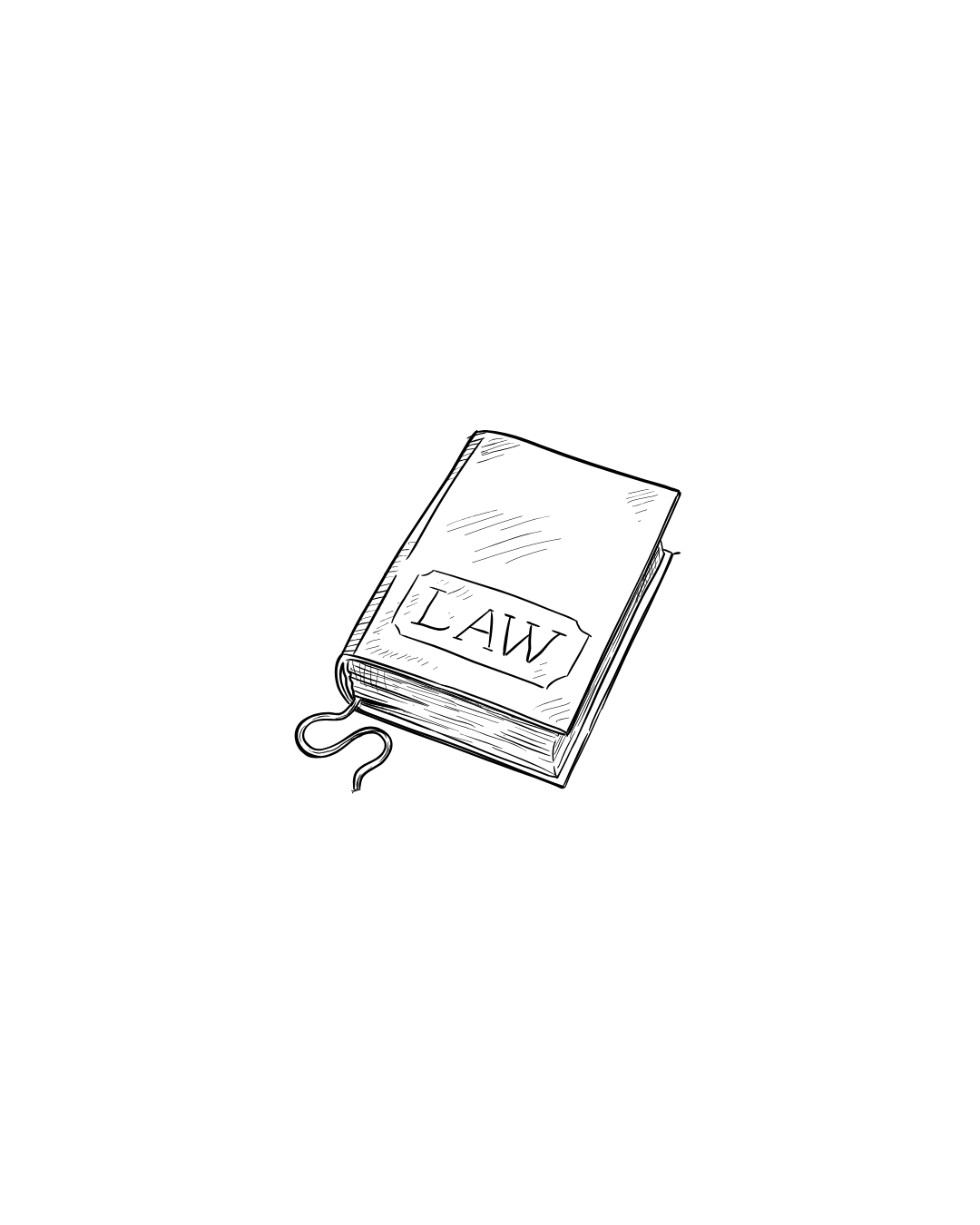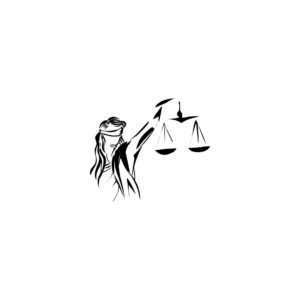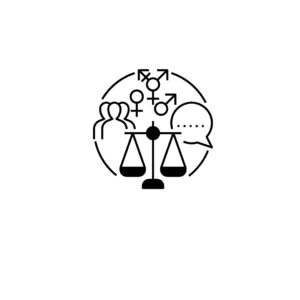Description
Curriculum for a Diploma in Labour Law
While the exact curriculum may vary between institutions, a typical Diploma in Labour Law includes the following components:
Introduction to Labour Law
Overview of labour law principles
Historical development of labour law
Labour Legislation
Key statutes such as the Fair Labor Standards Act, Occupational Safety and Health Act, and others
Analysis of national and international labour standards
Industrial Relations
Role of trade unions
Collective bargaining processes
Industrial disputes and resolutions
Employment Contracts
Types of employment contracts
Essential clauses and their implications
Employer and employee rights and obligations
Workplace Rights
Rights related to employment discrimination, harassment, and wrongful termination
Understanding employee benefits and protections
Health and Safety Regulations
Workplace safety laws and regulations
Employer obligations under occupational health and safety laws
Dispute Resolution Mechanisms
Methods for resolving employment disputes, including mediation, arbitration, and litigation
The role of tribunals and courts
Current Trends in Labour Law
Discussions on gig economy, remote work, and digital labor platforms
Impact of technology and globalization on labour practices
Practical Applications
Case studies and real-world scenarios
Drafting documents and contracts related to employment
Internship/Project Work (optional)
Hands-on experience in a legal or HR setting
Career Opportunities After Completing a Diploma in Labour Law
Graduates of a Diploma in Labour Law can explore various career paths, including:
Human Resource Manager
Overseeing recruitment, employee relations, and compliance with labour laws.
Labour Relations Specialist
Working with employers and unions to resolve disputes and negotiate contracts.
Employment Lawyer or Legal Advisor
Advising clients on employment contracts, disputes, and compliance issues.
Compliance Officer
Ensuring that organizations adhere to labour laws and regulations.
Industrial Relations Officer
Facilitating negotiations between employers and employees or unions.
Trade Union Representative
Advocating for workers? rights and negotiating on behalf of union members.
Policy Analyst
Researching and analyzing labour-related policies and their implications for organizations or governments.
Health and Safety Officer
Ensuring workplace safety regulations are followed and promoting a safe working environment.
Academic/Trainer
Teaching or conducting workshops related to labour law and industrial relations.
The demand for professionals with expertise in labour law continues to grow as organizations recognize the importance of compliance and effective employee relations. If you’re considering this path, internships and networking opportunities within these fields can be highly beneficial. Would you like information about specific institutions offering this diploma or advice on preparing for a career in this field?









